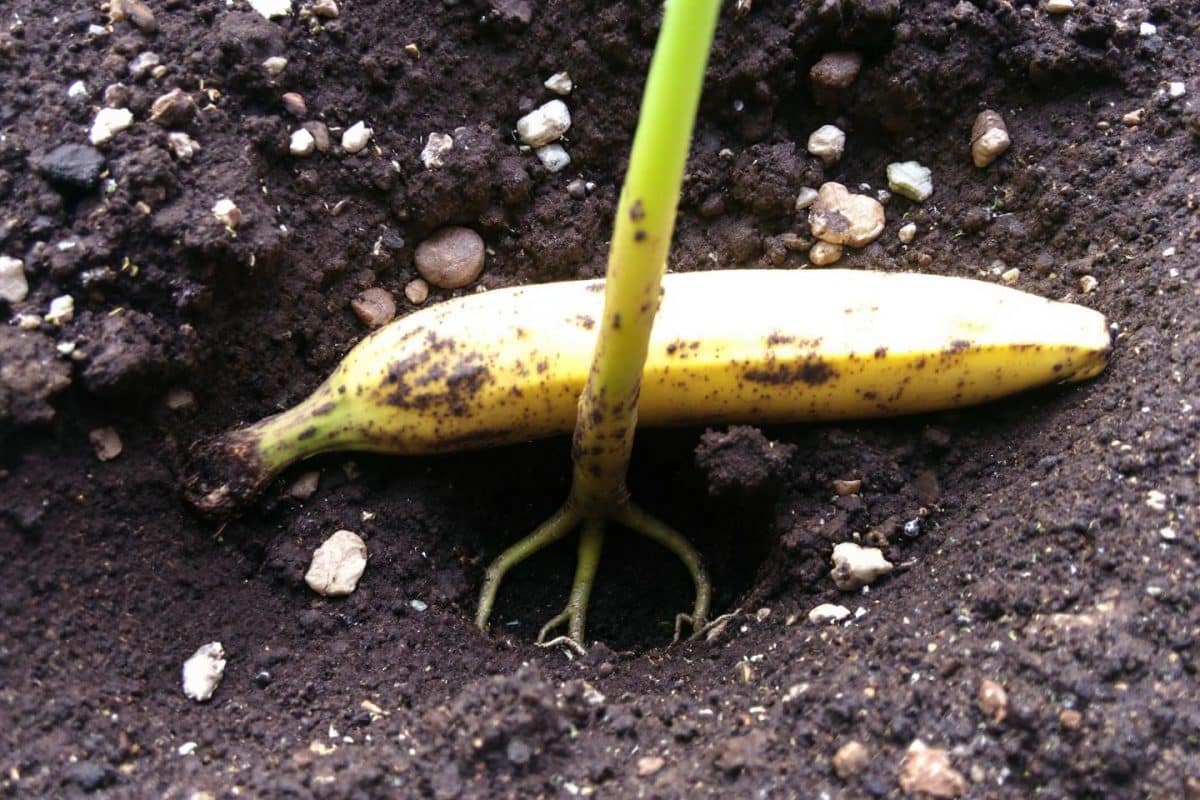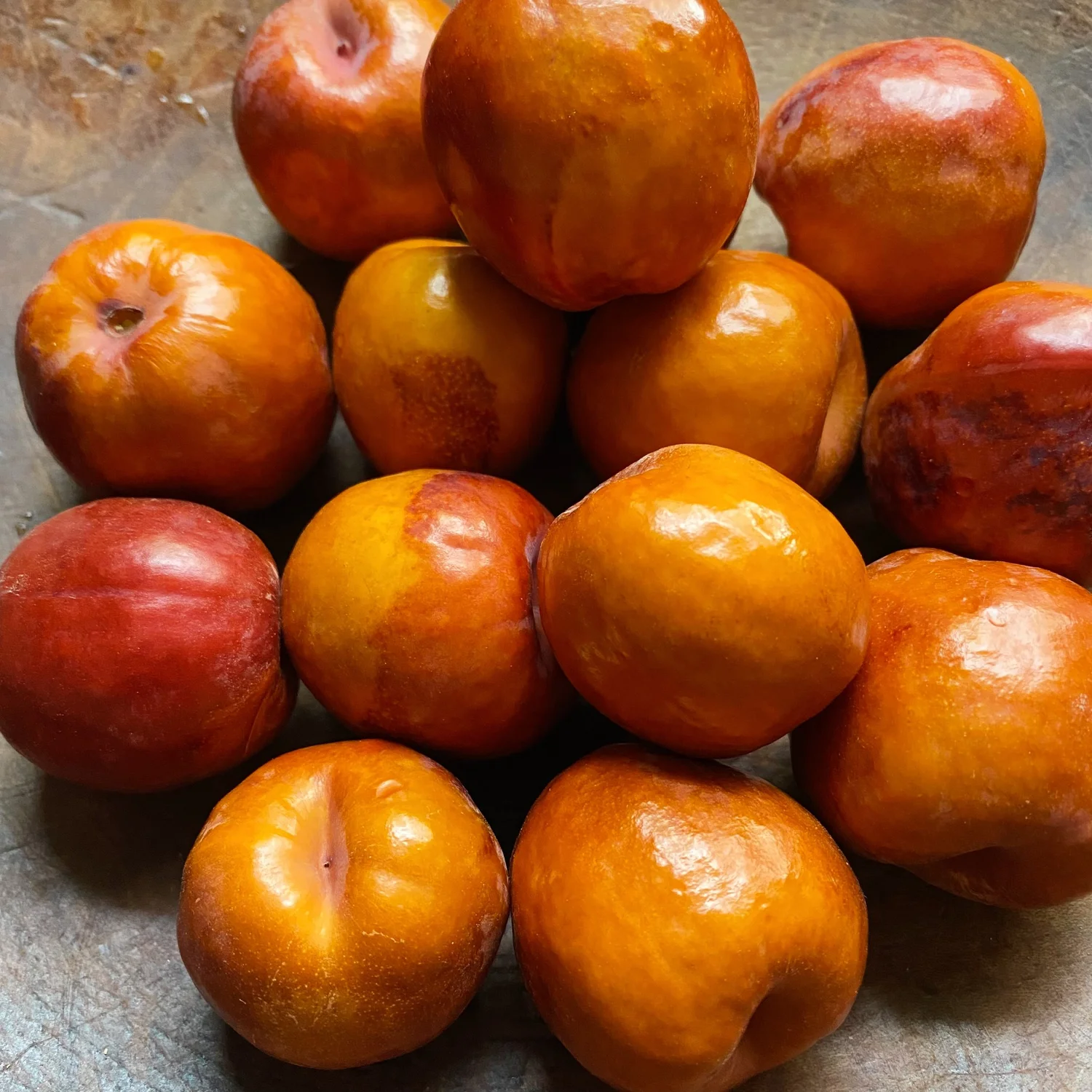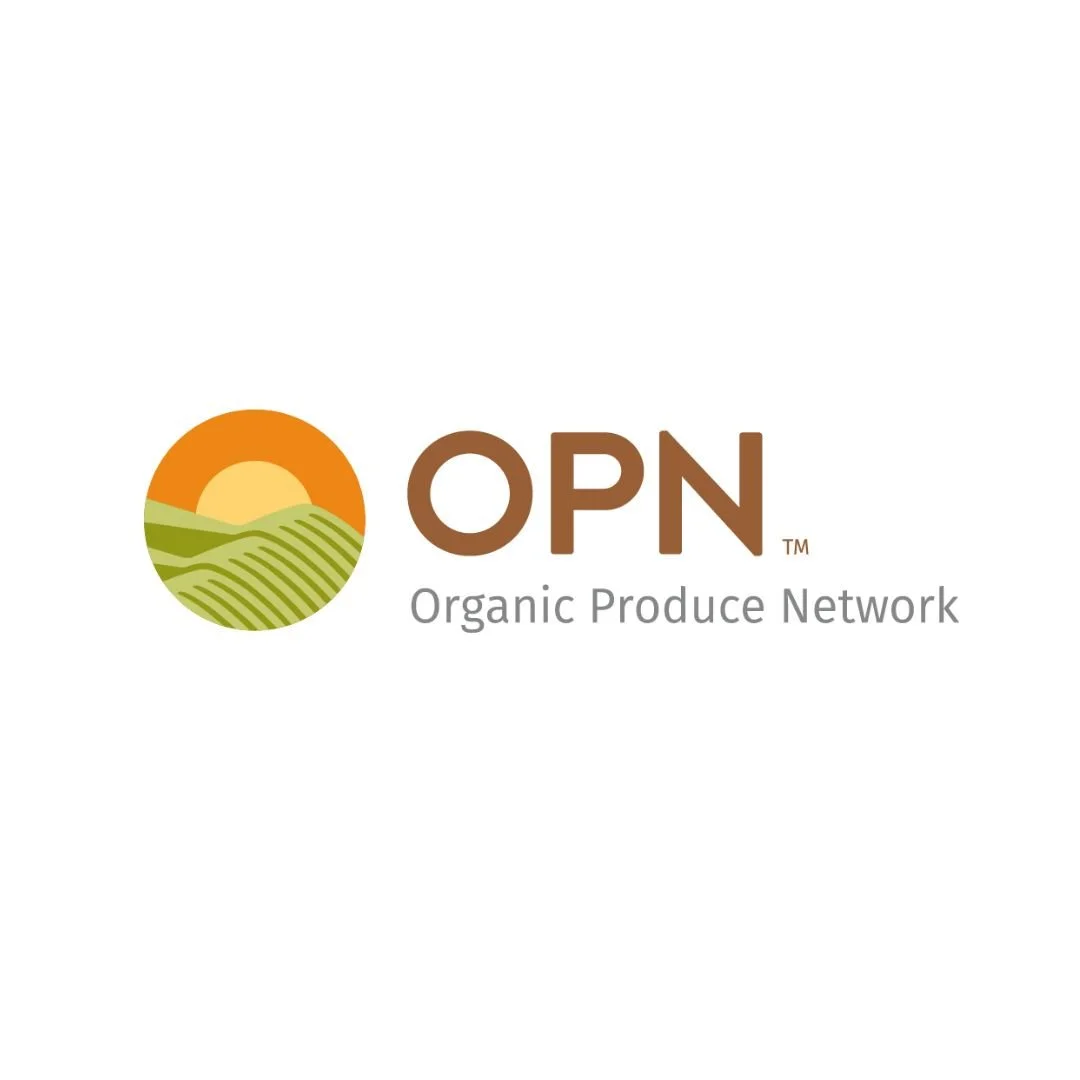Spring gardening enthusiasts worldwide have discovered an unexpected secret weapon hiding in their kitchen fruit bowls. While bananas rank as the second most consumed fruit globally after tomatoes, their value extends far beyond nutritional benefits. This tropical treasure transforms into a powerful organic fertilizer when buried beneath the soil surface.
The science behind banana soil enrichment
Nutrient-rich composition makes bananas exceptional garden amendments. These yellow fruits contain high concentrations of potassium, phosphorus, calcium, and magnesium alongside essential vitamins. When decomposing underground, bananas release these vital minerals directly into the root zone of nearby plants.
The decomposition process creates a natural feeding system that supports robust plant development. Potassium strengthens stem structure and improves disease resistance, while phosphorus promotes healthy root establishment and abundant flowering. Calcium contributes to cell wall formation, creating stronger plant tissues that withstand environmental stresses.
Earthworms find banana-enriched soil irresistible, creating beneficial soil aeration through their tunneling activities. This increased biological activity improves soil structure and drainage while establishing a thriving ecosystem beneath your garden beds. Understanding proper fertilization timing becomes crucial when combining organic amendments like buried bananas with other soil supplements.
Beneficial microorganisms multiply rapidly around decomposing banana matter, forming symbiotic relationships with plant roots. These microscopic allies enhance nutrient uptake efficiency and create protective barriers against harmful pathogens that threaten plant health.
Proper burial techniques for maximum benefits
Strategic placement ensures optimal nutrient distribution throughout your growing space. Five whole bananas or peels buried at 10-20 centimeter depths provide adequate fertilization for most garden areas. Space these deposits evenly to prevent concentrated fermentation that might damage nearby plant roots.
Chopping bananas into smaller pieces accelerates the decomposition timeline, making nutrients available more quickly to hungry plants. This technique proves especially valuable when transplanting time-sensitive crops that require immediate nutritional support for successful establishment.
Pre-washing removes pesticide residues that could interfere with beneficial soil organisms. Organic bananas eliminate this concern entirely while supporting sustainable agricultural practices. The washing process also removes waxy surface treatments that might slow decomposition rates.
Consider these application methods for different garden situations :
- Whole fruit burial for long-term nutrient release
- Chopped pieces for quick-acting fertilization
- Peel-only applications for gentler soil amendments
- Liquid banana fertilizer created by blending with water
Target crops and garden applications
Roses respond dramatically to banana fertilization, producing more vibrant blooms and stronger canes. Tomato plants benefit from the potassium boost, developing firmer fruits with enhanced flavor profiles. Proper ground preparation combined with buried banana amendments creates ideal growing conditions for these popular garden crops.
Fruit trees and berry bushes show remarkable improvement when banana nutrients support their extensive root systems. Squash family plants utilize the phosphorus content for vigorous vine development and increased fruit production. Flowering perennials display more abundant blooms with richer colors throughout the growing season.
Vegetable gardens particularly benefit from this natural amendment approach. Bean cultivation improves when soil contains adequate potassium levels that banana decomposition provides. The organic matter also enhances soil water retention, reducing irrigation requirements during dry periods.
Container plants receive similar benefits when banana pieces are mixed into potting soil. However, monitor moisture levels carefully as overwatering becomes more problematic when organic matter increases soil density and water retention capacity.
Environmental advantages and natural pest control
Zero-waste gardening reduces kitchen scraps while eliminating dependence on expensive synthetic fertilizers. This sustainable approach supports circular economy principles by transforming food waste into valuable garden resources. The environmental impact decreases significantly when gardeners choose organic amendments over manufactured products.
Natural pest deterrent properties make bananas doubly valuable in organic garden management. Aphids and ants avoid areas where banana scents concentrate, providing chemical-free protection for vulnerable plants. Meanwhile, beneficial insects like bees and butterflies find the subtle aromas attractive, supporting local pollinator populations essential for garden productivity.
Some gardeners worry about companion planting compatibility, similar to concerns about problematic plant relationships that can affect garden success. However, banana amendments generally complement most garden plants without creating competitive growing conditions.
pH modification represents the primary caution when using banana fertilizer extensively. Excessive applications might alter soil chemistry, particularly in naturally acidic conditions. Understanding pH effects becomes important when combining multiple organic amendments in the same growing area.
Regional adaptation allows gardeners in temperate climates to grow banana plants directly. Varieties like Musa basjoo tolerate cooler temperatures in Mediterranean climates, while container cultivation enables banana growing in colder regions with proper winter protection strategies.










